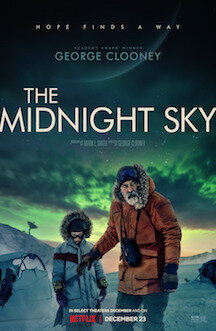Direction: Lee Isaac Chung
Country: USA
Writer-director Lee Isaac Chung’s semi-autobiographical family drama set in 1980’s, Minari, is certainly a serious competitor for the best film of the year. Accumulating moments of truth and insight, the film follows a Korean-American family - Jacob Yi (Steven Yeun), his wife Monica (Han Ye-ri) and their two kids, Anne (Noel Kate Cho) and David (Alan Kim) - that relocates to rural Arkansas to start over again and try to fix what went wrong in California. The couple had already agreed and arranged the details to work at a local poultry farm, but living in a caravan in the middle of nowhere was sort of a shock for Monica, who expected more for a matured, married couple.
This option had to do entirely with Jacob’s dream of owning a 50-acre piece of land where he could grow Korean vegetables and sell to the immigrant community, a task he undertakes with the help of an ultra-religious local, Paul (Will Patton). Meanwhile, the sensitive seven-year-old David has a weak heart and his blood pressure needs to be monitored every day. His health starts to improve after the arrival of his atypical yet incredibly warm grandmother (Youn Yuh-jung), the responsible for the funniest situations in the film.
This lovely piece of work combines dramatic sweep and aesthetic power, providing a sublimely moving experience that stays with us long after the final credits roll. It’s all very real, narrated with poise and shot with a glowing perspective that encompasses compassion, intimacy, suffering and resilience. A tough-minded tale that is impossible to resist as it expertly captures the daily life of these empathetic characters with candor. Only rarely is a film this observant, and it felt good to see that director Chung (Munyurangabo) didn't opt to sacrifice narrative identity in favor of tone. In this case, one can’t live without the other. The encouraging finale is left open to our imagination in a memorable portrait of an immigrant family in search of its own dream.


































